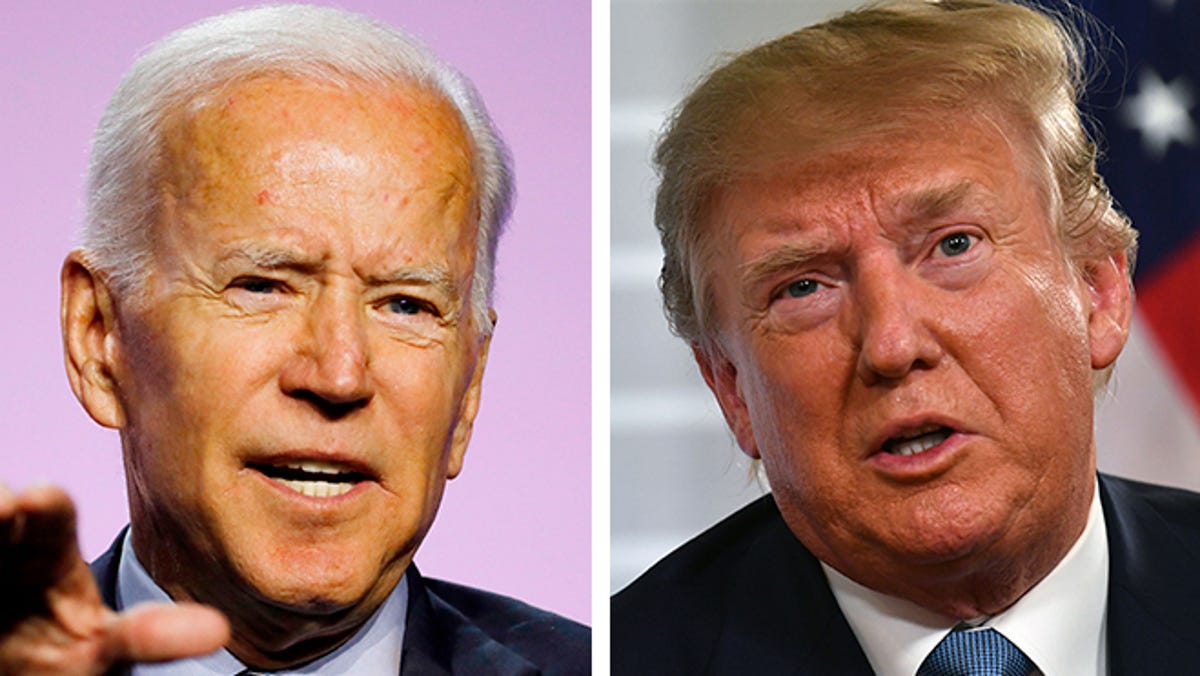Guest Opinion: A Race to the Ballot Box or the Bottom in 2020; What Will We Decide?
Written by Sherman Gillums Jr.
The die is now cast. Kamala Harris, the junior U.S. senator from California, is Joe Biden’s running mate against President Donald Trump and Vice President Mike Pence for the 2020 election. For the next two and a half months, we know what’s to come. Partisan rivalry will predictably devolve into personal attacks and insult matches. We’ll see an outbreak of ideological rage that facts and common sense cannot cure, as name calling and the “block” feature on social media increasingly punctuate disagreements over who’s most fit to lead. In other words, another election season in America is hitting full swing.
While there is indeed nothing new under the sun, especially in our politics, there is something old that has been lost on us for a very long time. I consider it our greatest vulnerability. No, it isn’t a Trump or Biden win or loss, depending on one’s partisan tilt. Our greatest vulnerability is us. Specifically, whether we truly understand how our government works, the most consequential choices we either make or choose not to make, and the process through which we, the people, subcontract out the job of forming a more perfect Union on our behalf.
While we draw battle lines based on whether we like or hate our choices at the top of the ticket, it is the mayors, council members, governors, and state legislators who run our neighborhoods, legislate budgets for our schools and police departments, and gerrymander our districts. It is only after these districts we live in are jigsawed along political fault lines that we get a “choice” in who we send to Capitol Hill to represent us. Usually a member of Congress whom voters couldn’t identify in a lineup, yet will directly affect our wages, healthcare, education, taxes, and every day lives to a far greater extent than the occupant of the White House.
Yet, we will fix our focus on the top players in the constitutionally-sanctioned civil “proxy” war that takes place in our country every four years. Here’s the thing about civil wars though. They’re never fought by the elites. They’re fought by the poor, working, and middle class against each other on behalf of those in power. Over the next month, our focus will likely be steered toward Trump’s latest tweet or Harris’s heritage, not a senator’s decision to skip a vote to avoid getting “primaried” or some governor’s attempt to politicize a public safety concern in order to win a seat in Congress, all hiding in plain sight.
Hidden behind allegiance to party and fealty to ideology, even if it means assigning 100 percent of the blame for what affects us to those who have very little control and will lose zero percent sleep over it. That’s our political system and the strange bedfellows it creates — in this case ideology and ignorance. The extent to which we consciously allow ourselves to be used as pawns in the political chess game is the way our democracy is supposed to work, I suppose, even at our peril.
But if 2020 has taught us nothing else, we’ve learned that our fates are more inextricably linked than we realized. That it’s not a politician or one political party we can either count on or completely blame. It’s the entire system and our institutions as a whole that require our attention, which starts with a responsibility to be informed. Not just feel informed — to actually be informed. This means our greatest contribution doesn’t lie in those witty tweets, memes, or comments we share on social media that disparage our opponents. Or how loudly and persistently we argue tired tropes, clichés, and talking points. It’s what lies between our ears.
Specifically, how critically we think as we cast our votes on Election Day. Not just for the standard bearers of the political party we support. But also for the legislators, council members, delegates, judges, district attorneys, and city/county executives, who may not seem all that consequential at first blush, but do the most harm when we fail to pay attention.
We don’t just pick a new president and vice president every four years. Our choices at the ballot box ultimately regenerate our entire governance ecosystem, for better or worse. Given the challenges we’re now facing and what’s at stake, it’s past time we let our civic duty supplant the ideological civil war we’ve grown accustomed to. This starts with knowing the major difference between being informed and being influenced when it’s time to cast our votes on Election Day.
Sherman Gillums, Jr. is a retired Marine Corps officer and Harvard Business School alumnus.




